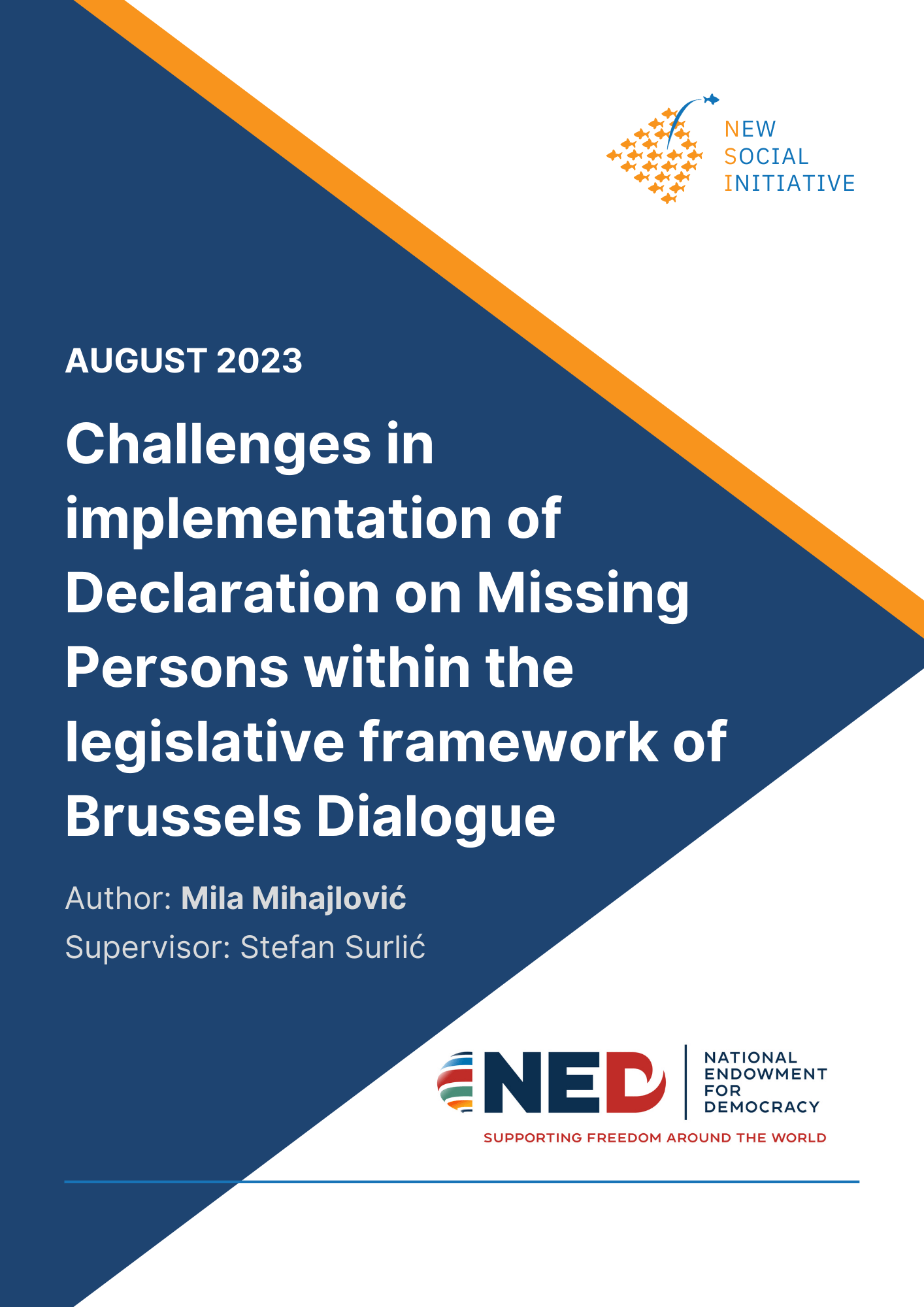Language as a (way of crossing the) barrier between two communities
This policy paper addresses the language barrier between Albanian and Serbian communities in Kosovo, which hinders effective communication, understanding as well as social cohesion and interaction. Efforts have been made to promote bilingualism in Kosovo through the “Law on the Use of Language” that made both languages official. However, its implementation faces challenges, and the Office of the Language Commissioner lacks sufficient power and competencies to enforce the law effectively. Albanian and Serbian language belong to different language families, which further complicates the problem. While other ethnic groups can serve as key players in promoting bilingualism, Serbian and Albanian communities face pressures and obstacles regarding language learning, because of wider political context and lack of reconciliation.
Potential solutions to address the language barrier include providing economic incentive for bilingual individuals in government and public institutions, promoting cultural exchanges on university level to encourage language learning, and better promoting of multiculturalism and multilingualism in the public sphere. Additionally, organizing summer schools or camps for children, teenagers and young adults to interact and learn each other’s languages could foster understanding. Ultimately, fostering bilingualism and better language proficiency and understanding can lead to improved social cohesion, better communication, and reduced tensions between communities.













